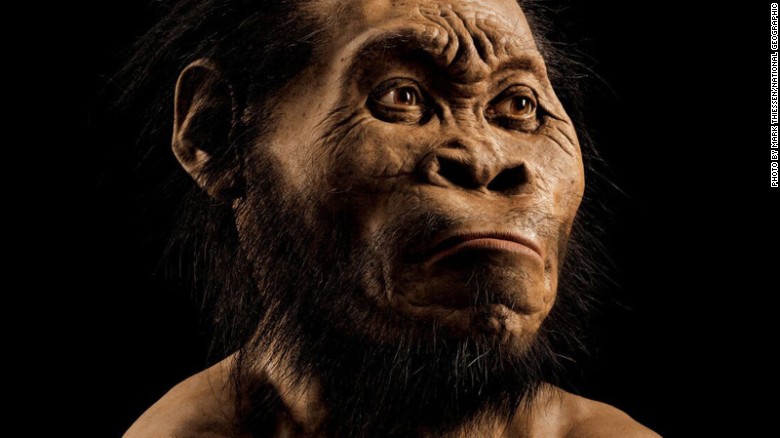
Rising Star Cave, South Africa (CNN)When
an amateur caver and university geologist arrived at Lee Berger's house
one night in late 2013 with a fragment of a fossil jawbone in hand,
they broke out the beers and called National Geographic.
Berger, a professor at the University of the Witwatersrand in Johannesburg, South Africa, had unearthed some major finds before. But he knew he had something big on his hands.
What
he didn't know at the time is that it would shake up our understanding
of the progress of human evolution and even pose new questions about our
identity.
Two years after they were
tipped off by cavers plumbing the depths of the limestone tunnels in the
Rising Star Cave outside Johannesburg, Berger and his team have
discovered what they say is a new addition to our family tree.
The
team is calling this new species of human relative "Homo naledi," and
they say it appears to have buried its dead -- a behavior scientists
previously thought was limited to humans.
Berger's
team came up with the startling theory just days after reaching the
place where the fossils -- consisting of infants, children, adults and
elderly individuals -- were found, in a previously isolated chamber
within the cave.
The team believes
that the chamber, located 30 meters underground in the Cradle of
Humanity world heritage site, was a burial ground -- and that Homo
naledi could have used fire to light the way.
Continue Reading at ..... http://edition.cnn.com/2015/09/10/africa/homo-naledi-human-relative-species/index.html?eref=edition